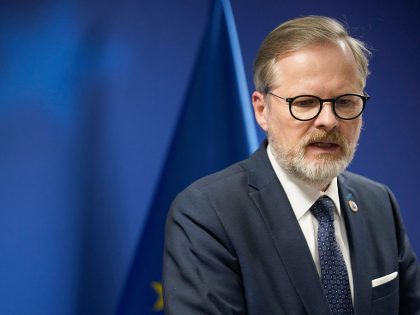
International Women’s Day Belongs to Us
Capitalists keep trying to co-opt International Women’s Day, a century-old product of the working-class revolutionary movement. But the day belongs to the socialist antiwar tradition.

Capitalists keep trying to co-opt International Women’s Day, a century-old product of the working-class revolutionary movement. But the day belongs to the socialist antiwar tradition.

Ukraine's politics are dominated by oligarchs. Its streets are more and more run by the far right.

It’s the anniversary of the atomic bombing of Hiroshima, and tensions between nuclear powers are spiking again. Citizen movements against nuclear weapons have always been crucial to avoiding nuclear war, and we need them as much as ever.

Behind the humanitarian disaster of the Syrian civil war is a political crisis the Left urgently needs to understand.

In a new interview, Noam Chomsky discusses the hypocrisies of US empire and why, if we really wanted to build a decent society, we’d immediately slash the massive military budget.

Ten days before the first round of France’s presidential election, Jean-Luc Mélenchon is steadily rising in polls. But divides on the French left risk letting the anti-immigrant Marine Le Pen beat him to the runoff.

Late in life, diplomat George Kennan became known as a “dove” on US-Russian relations. But after World War II his containment strategy played a major role subverting democracies in the name of fighting communism.

The Czech Republic’s prime minister, Petr Fiala, boasts of his defense of democracy and the rule of law. Yet faced with Israel’s crimes in Gaza, the Czech government can forgive its Western allies anything.

Ukrainian president Volodymyr Zelensky has been criticized for recent moves to centralize power. But these developments are less about the actions of a single leader and more the result of decades of state weakness following the dissolution of the USSR.

In the 1962 US-Soviet nuclear showdown over Cuba, there was no shortage of voices calling for escalation or decrying “appeasement.” But there was always broad support for the kind of talks that ended up saving the world — something frighteningly absent today.

The Ukrainian state and far-right groups have allied to build a new nationalist consensus.

The war in Ukraine has renewed talk of Germany’s role in leading Europe — but also increased its economic and even foreign policy reliance on Washington. As bloc tensions rise, talk of an independent European superpower sounds like empty boasting.

The fact that the United States is recusing itself from pretty much all global cooperation in the search for a coronavirus vaccine does not bode well for equitable distribution of a cure.

In America, school is preparation for “real” life. In the early Soviet Union, school was filled with life.

In the 1980s, as China sought to introduce markets into its economy, an internal debate roiled over whether to liberalize prices gradually or all at once. It rejected the free-market shock therapy option, and challenged neoliberal orthodoxy in the process.

On Thursday, European leaders released another €50 billion in funding for Ukraine. The funds are a lifeline for the Ukrainian military — but waning US support and the stalemate on the front line are chipping away at Europe’s commitment to Kyiv.

The Bundestag has voted to make Germany the country with the highest military budget after the United States and China. For decades, Germany has tightly restricted social spending — but when the money is for weapons, no such limits apply.

Israeli officials have cited a need to “escalate to de-escalate” as motivation for their ongoing assault on Lebanon. This theory has a long and ill-fated history in American foreign policy thinking, where it has served as a fait accompli for bloodshed.

In a global economy defined by overproduction and underconsumption, American and Chinese corporations are struggling to extract profits from developing nations. Without massive wealth redistribution, consumption won’t return to stable levels.